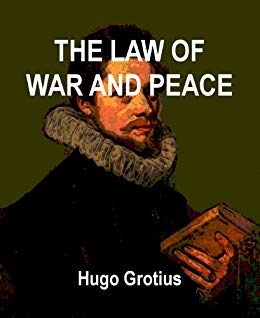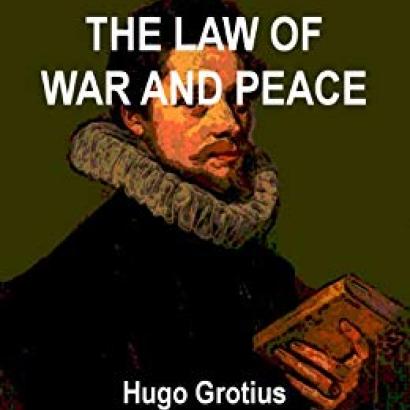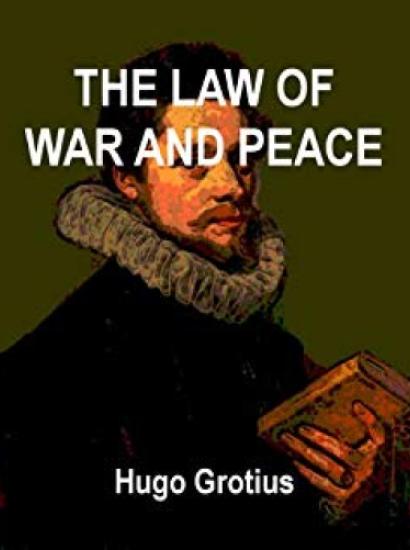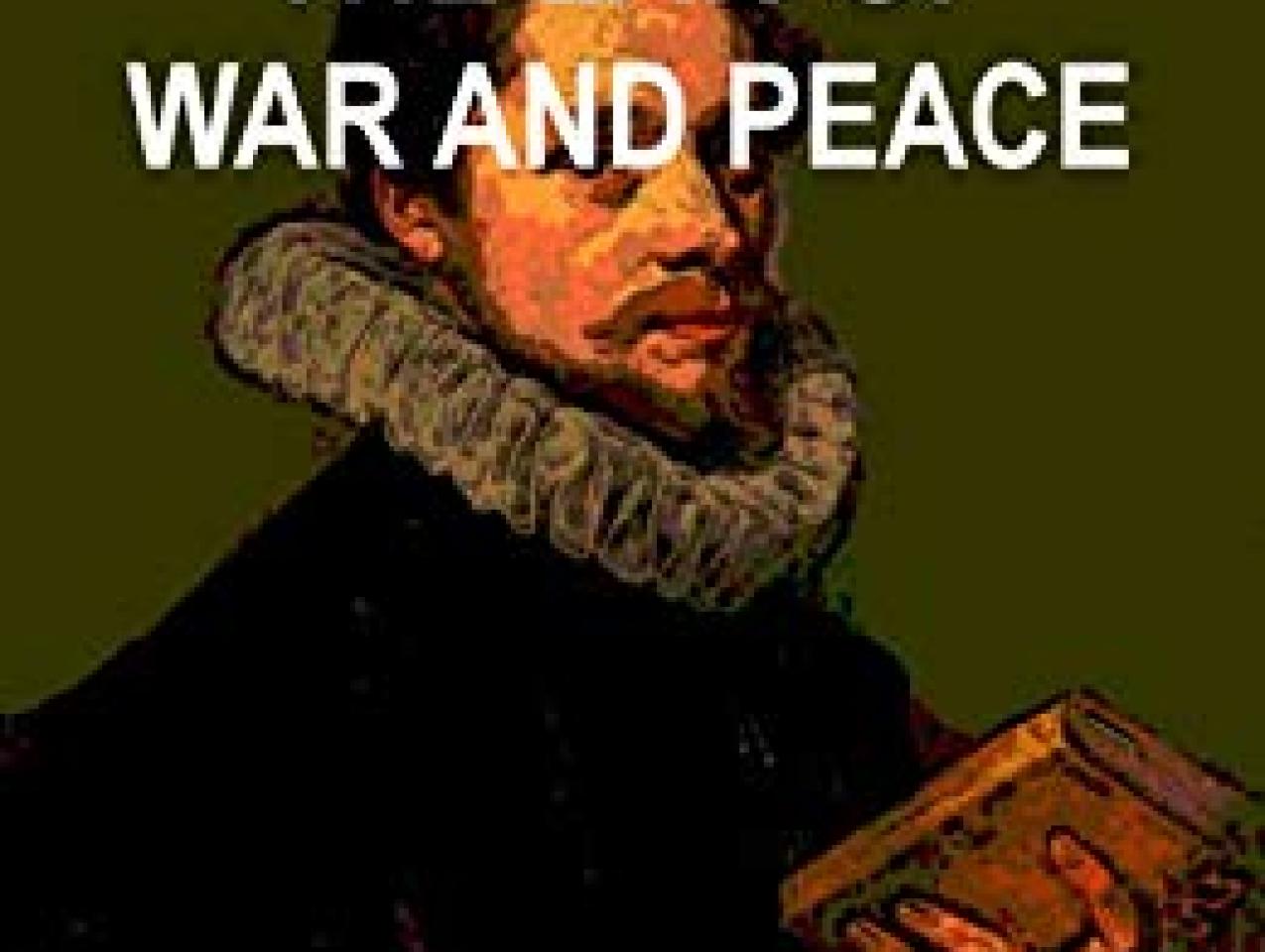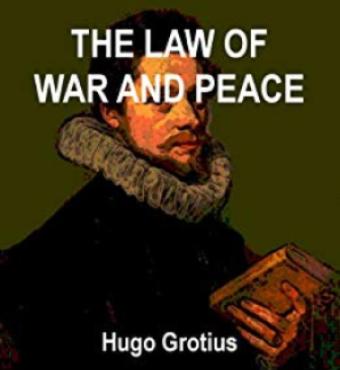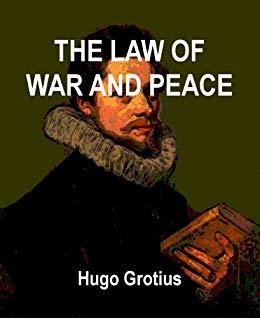- History
- Military
Hugo Grotius’s De Jure Belli ac Pacis (1625) exerts a vast influence on international law and politics. Yet Grotius, known widely as the father of international law, is difficult to interpret. Philosopher Michael Walzer claims that Grotius “incorporated just war theory into international law.” Philosopher Richard Tuck, however, argues that Grotius “reminded his audience that he was still an enthusiast for war around the globe.”
Grotius did not openly display a revolutionary intent, which leads some to include him in the tradition of Cicero, Augustine, Aquinas, and the Spanish theologians. But Grotius did not so much codify just war theory as weaken it by recognizing the role of conflict in settling disputes between nations.
De Jure Belli ac Pacis rejects religious bans on war. “In the first principles of nature there is nothing which is opposed to war; rather, all points are in its favor. The end and aim of war being the preservation of life and limb, and the keeping or acquiring of things useful to life, war is in perfect accord with those principles of nature.” Grotius relies on both ancient and biblical authorities to defend his argument that nations could use force for self-defense as well as the defense of others. At the same time, however, Grotius limited the law of nature with “right reason” and “the nature of society,” which “do not prohibit all use of force, but only that use of force which is in conflict with society, that is, which attempts to take away the rights of others.”
Grotius went to greater lengths than any before him to lay out the various just causes for war. He recognized these went beyond self-defense to “the obtaining of that which belongs to us or is our due, and the inflicting of punishment.” Here, Grotius drew his grounds for a just cause from the natural law right of an individual to defend life and property. Nations could direct wars of “punishment” against those whom the laws of nature allow a sanction, those who have harmed the nation, and those who injure mankind as a whole. Contrary to traditional just war doctrine, Grotius permitted what we know today as preemptive and preventive war.
De Jure Belli ac Pacis contained the seeds of just war’s undoing. Any genuine theory of just war must identify which belligerent has acted legally in starting war, and which has the obligation to surrender. But for Grotius, the question does not generally yield an answer. Even though two sides of a case cannot both be right, he observes, “yet it may actually happen that neither of the warring parties does wrong.” Instead, “either party may justly, that is in good faith, plead his case.”
In the absence of any higher sovereign that can evaluate the claims and control the actions of nations, states can lawfully do as they please. Even if men could distinguish between two nations’ claims, Grotius suggests, no earthly power can restrain them. The law of nations can help contending nations settle their disputes through negotiation, diplomatic conferences, arbitration, or even by lot or single combat. But war itself might erupt when peaceful alternatives were exhausted. “The sources from which wars arise are as numerous as those from which lawsuits spring,” Grotius observed. “[F]or where judicial settlement fails, war begins.” Thus, just war theory cannot be invoked to decide which belligerent may lawfully wage war and which must concede. For Grotius, just war theory is like pacifism: it is a doctrine that, whatever its attractions might be, is impracticable in conducting relations between sovereign states in the real world.







